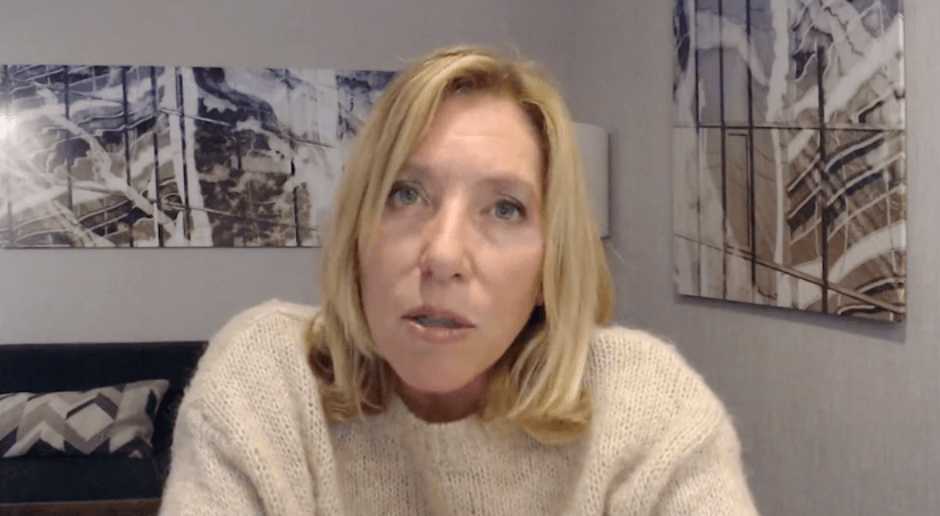Manhattan culture center The 92nd Street Y hosted a conversation on Wednesday evening in which Barbara Walter, a scholar on political extremism and CIA advisor, and discussed her new book “How Civil Wars Start” as a part of the organization’s The Newmark Civic Life Series.
The broadcast, led by political podcaster Farai Chideya, provided a platform for Walter to unpack her theory of how the U.S. could be moving closer to civil war, and what we mean when we say civil war in 2023.
Walter argues that the United States is in danger of political violence that rises to what she would characterize as a civil war while contrasting such a conflict in the United States with the American Civil War in terms of scale.
“I’m talking about the 21st century type of civil war. Especially the type of ethnically-based civil war that you see in countries with very powerful governments and powerful militaries,” she said.
Walter’s book argues that historically both autocracies and healthy democracies are largely immune from civil war, but countries in the middle ground are most vulnerable. She characterized the U.S. throughout the conversation as a once-strong democracy that has been backsliding, comparing it to Hungary, Egypt or Brazil.
Walter draws her analysis from her background as a member of the political instability taskforce, a CIA advisory panel that analyzes data on conflict around the world to predict where political instability and conflict might happen next. Under the Trump administration, the taskforce downgraded its rating of the strength of America’s democracy. Walter pointed out that the taskforce found the U.S. to briefly become an anocracy, or a semi-democratic government, in 2020 when President Trump did not immediately agree to leave the White House.
“The only reason that we have been upgraded is because we have a particular individual in the White House who is honoring our institutions, but we are still very vulnerable to backsliding if somebody like Trump or to be elected again,” Walter said.
In the book, she analyzes the conditions that led to the conflicts in Yugoslavia, the Philippines, and Iraq. Walter theorizes that the groups that tend to start civil wars are the groups
that had been politically dominant but are in decline. In America, Walter argues that factionalism tends to really break along racial, ethnic, religious and geographic lines, and warned that the biggest civil war threat America faces is a far-right political movement fighting to make the U.S. a white, Christian country.
As examples of this as a growing phenomenon, she pointed to the far-right militia that plotted to kidnap the governor of Michigan and the Jan. 6 storming of the U.S. Capitol.
Walter did however describe the events of Jan. 6 as a “gift” in that it forced the issue of far-right political violence far enough into public consciousness for the FBI to begin to crack down. Though she believes that the involvement of the intelligence agencies is a positive step, she still thinks that American institutions are still very vulnerable to backsliding.
“We still have parties that are deeply divided by race, by religion, by geography and we still have a once dominant group that continues to be in decline,” she said.
To watch a recording of the conversation, visit bit.ly/3vNfn41.





































